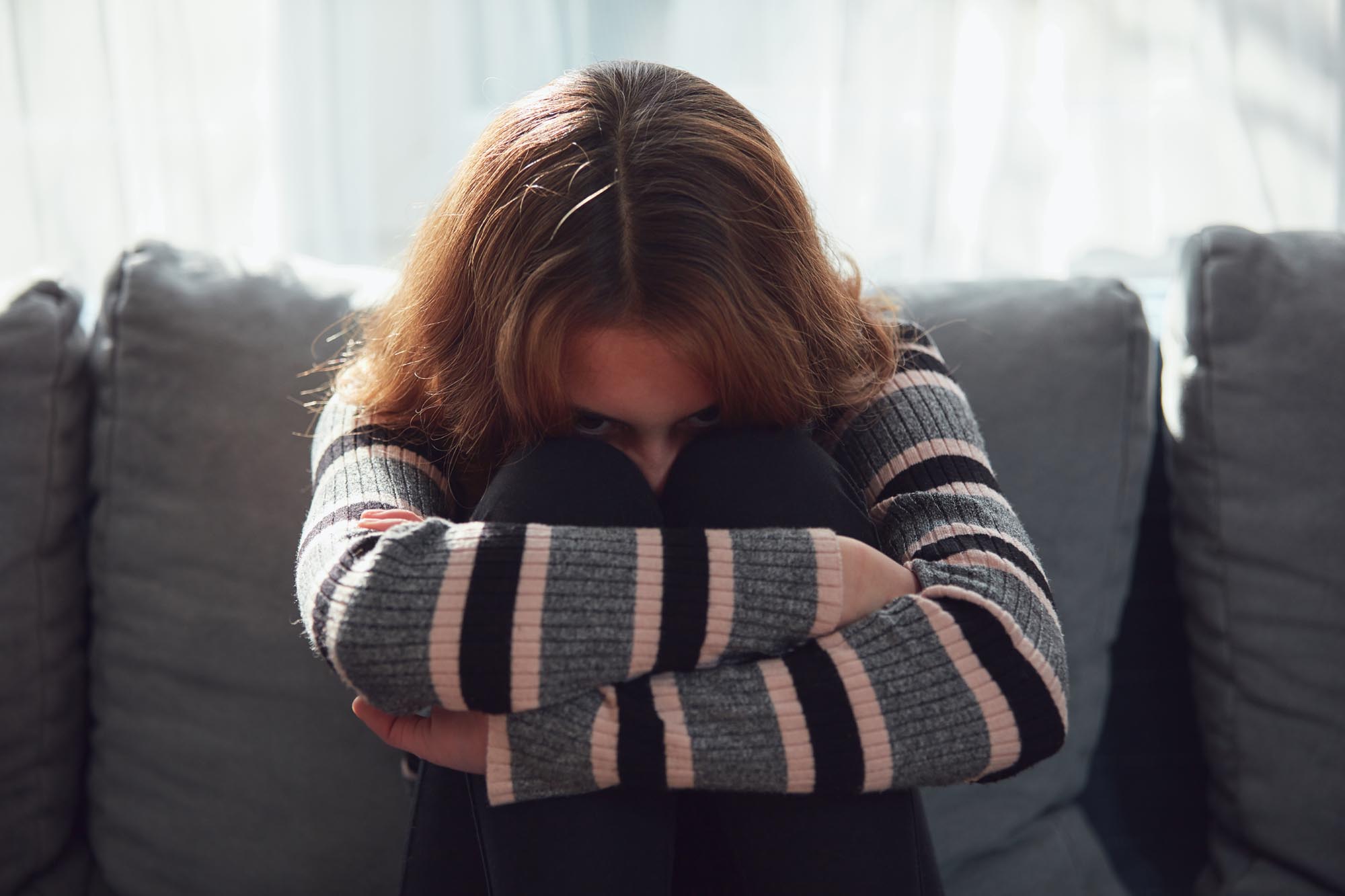Introduction
The youth mental health crisis has reached alarming levels, with recent studies showing a significant increase in anxiety, depression, and other mental health issues among teenagers. Young people aged 12-17 are experiencing unprecedented stress, leading to an urgent need for immediate action and support.
At Build Bright Care Group, we see firsthand how these challenges affect young people in California. Our dedicated team provides evidence-based mental health treatment, creating a safe space for adolescents to heal and grow. Through comprehensive care programs, we help young individuals navigate their mental health journey with compassion and expertise.
In this article, we’ll explore the various factors contributing to the current crisis – such as isolation during the pandemic and pressures from social media. We’ll also discuss effective solutions and intervention strategies that can truly make a difference in the lives of young people. By understanding both the causes and potential solutions, we can collaborate to support our youth’s mental well-being and pave the way for healing.
Understanding the Causes of the Youth Mental Health Crisis
The COVID-19 pandemic has triggered an unprecedented surge in mental health challenges among young people. Research shows a 40% increase in persistent feelings of sadness or hopelessness among high school students since 2020. Social isolation, disrupted routines, and academic uncertainties have created a perfect storm of anxiety and depression among teens.
Impact on Vulnerable Youth Communities
Certain youth populations face disproportionate mental health risks:
- LGBTQ+ Youth: Experience depression rates 3x higher than their peers
- Non-Hispanic American Indian/Alaska Native Youth: Show significantly higher suicide rates compared to other ethnic groups
- Low-income Communities: Face limited access to mental health resources and support services
School Environment and Mental Health
Schools play a crucial role in students’ mental well-being, yet many struggle to provide adequate support:
- Limited counselor availability (1 counselor per 424 students on average)
- Insufficient mental health screening programs
- Lack of crisis intervention training for staff
- Reduced in-person support during remote learning periods
The Rising Threat of Substance Use
The intersection of mental health challenges and substance use has created alarming trends:
- Fentanyl-related overdoses among teens have doubled since 2019
- 1 in 8 teens report using substances to cope with mental health symptoms
- Vaping and marijuana use rates continue to climb among high school students
- Substance use disorder has been linked to increasing mental health issues, creating a vicious cycle that is hard to break.
Social Media’s Double-Edged Impact
Social platforms shape teen mental health in complex ways:
Positive Effects:
- Creating supportive online communities
- Access to mental health resources and information
- Platforms for self-expression
Negative Effects:
- Cyberbullying and online harassment
- Unrealistic body image expectations
- FOMO (Fear of Missing Out)
- Sleep disruption from excessive screen time
Barriers to Mental Health Care
Young people face significant obstacles when seeking help:
- Stigma surrounding mental health discussions
- Long waiting lists for treatment
- High costs of professional care
- Limited transportation options
- Lack of culturally competent care providers
The combination of these factors has created a mental health landscape where many young people struggle silently. The pandemic has exposed and intensified existing challenges, highlighting the urgent need for comprehensive support systems and innovative solutions.
One such innovative solution could be residential treatment, which has proven effective for many struggling teens. These facilities provide specialized programs tailored to individual needs, addressing issues like autism, depression, and severe behavioral problems. They also serve as a safe space for teens battling suicidal thoughts, offering critical support during their most vulnerable times.
Moreover, with the rising cases of teen depression due to various factors including social media influence, it’s crucial for parents and guardians to consider all available options
Solutions for Improving Adolescent Mental Health
Early Intervention and Trust Building
Preventative mental health measures can significantly impact young people’s well-being. Research shows that identifying and addressing mental health concerns during adolescence leads to better outcomes in adulthood. Here’s what effective early intervention looks like:
- Regular mental health screenings in schools and pediatric settings
- Training for parents and educators to recognize warning signs
- Age-appropriate coping skills education integrated into school curricula
- Peer support programs that create safe spaces for open dialogue
Building trust with youth requires specific approaches:
- Active listening without judgment
- Respecting privacy and confidentiality
- Creating consistent, reliable support systems
- Meeting young people where they are—physically and emotionally
Digital Mental Health Solutions
Technology plays a crucial role in making mental health support accessible to young people:
- Mental health apps offering meditation, mood tracking, and coping strategies
- Teletherapy platforms designed specifically for adolescents
- Online support communities moderated by mental health professionals
- Crisis text lines providing immediate support through preferred communication channels
Legislative Efforts, Community Support, and Social Determinants of Health
The Bipartisan Safer Communities Act of 2022 represents a significant step forward in youth mental health support:
- $1 billion in funding for school mental health programs
- Enhanced background checks for young gun buyers
- Support for state crisis intervention programs
- Resources for community violence prevention
Community-based solutions strengthen mental health support networks:
- Youth-led mental health advocacy groups
- School-community partnerships
- Faith-based organization initiatives
- Local mental health awareness campaigns
Our approach at Build Bright Care Group, a leading teen mental health program in California, emphasizes creating supportive environments where adolescents can overcome their mental health challenges. We offer various evidence-based treatments tailored to meet the unique needs of each child, including therapies for autism which can be accessed through our contact page.
Social determinants affecting youth mental health:
Housing Security:
- Stable housing programs for families
- Emergency shelter services for youth
- Housing assistance coordination with mental health services
Food Security:
- School meal programs
- Community food banks
- Nutrition education initiatives
- Food assistance program accessibility
The 988 Suicide & Crisis Lifeline exemplifies national-level crisis response:
- 24/7 access to trained crisis counselors
- Multilingual support services
- Specialized response teams for youth
- Integration with local emergency services
These solutions work together to create a comprehensive support system for young people facing mental health challenges. Each component—from early intervention to addressing basic needs—plays a vital role in supporting adolescent mental health.
Taking Action Together for a Brighter Future
The path to better mental health starts with a single step – reaching out for help. Build Bright Care Group is here to support adolescents ages 12-17 with evidence-based treatment programs tailored to individual needs. Our compassionate team creates a safe, nurturing environment where young people can express themselves freely and work through their challenges.
We’re here to help:
- 24/7 confidential support
- Comprehensive mental health assessments
- Personalized treatment plans
- Family-centered approach
- Expert care from licensed professionals
We specialize in various mental health challenges, including teen bipolar disorder, teen depression, and teen ADHD. Don’t let mental health challenges define your story. Whether you’re a parent concerned about your teen or a young person struggling with mental health issues, Build Bright Care Group offers the guidance and support needed to navigate these challenges. Your journey to wellness is our priority.












